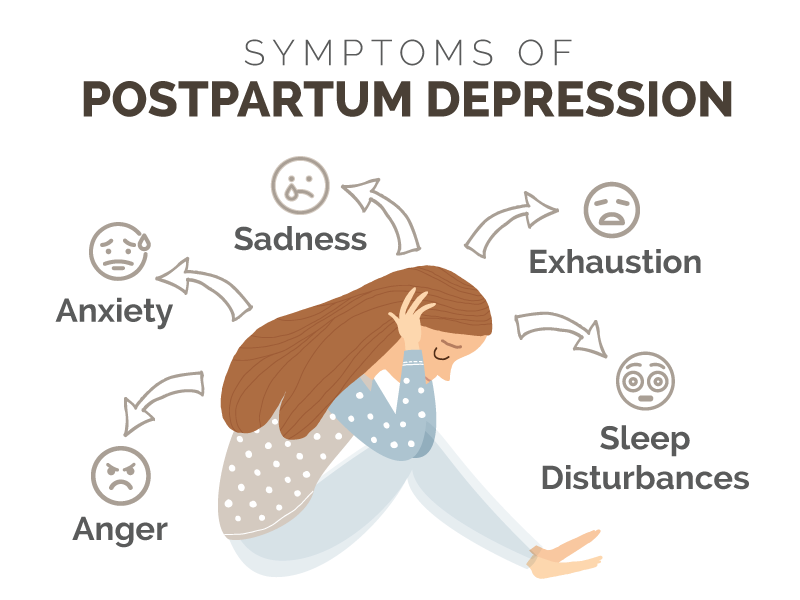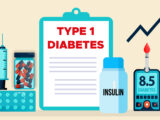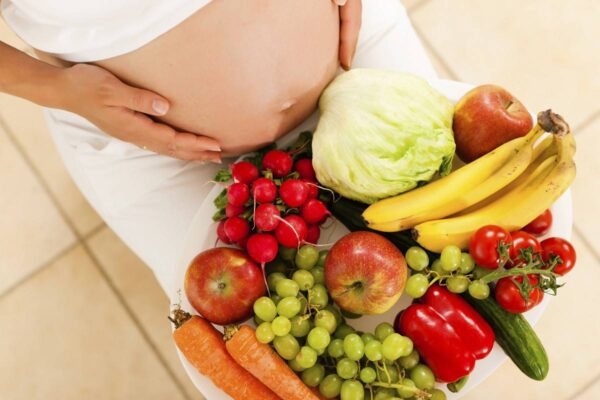
What is Postpartum Depression?
May 12, 2021What is Postpartum Depression? The answer is simple. It is the sadness of a woman feels after having her newborn baby. It is not a weakness or anyone’s fault when a new mom gets postpartum depressions.
There are many women who experience this kind of feeling and there are some women who have mild forms of this condition until their second trimester. Some women who had not gone through childbirth before will be more sensitive to the loss than others. There are several causes why postpartum depressions occur. Lack of sleep, not having someone nearby to comfort and let down you when you cry, not getting enough vitamins and nutrients during pregnancy, not having any physical activity, not getting enough water and proper nutrition during pregnancy and many women not getting the proper amount of sleep. Treatment of postpartum depression includes changing your lifestyle to include getting more exercise, sleeping better, eating better and eliminating caffeine from your diet.
What Causes Postpartum Anxiety? This type of anxiety happens due to the changes in hormones that occur after childbirth. The body usually responds to hormonal changes with increased stress hormone levels, anxiety and depression symptoms. The exact reasons are not known but are believed to be connected to the sudden change in the hormone levels and the reaction it has on the body.
Why Do Hormones May Contribute to Postpartum Depression? Hormones may contribute to postpartum depressions in two ways. First, hormonal changes may contribute to peripartum depression because the levels of the stress hormone increase, which causes an imbalance in the brain chemistry and feelings. Second, it is possible that changes in hormone levels may contribute to elevated anxiety and depression symptoms, which may be the initial cause of this type of problem.
What Are the Symptoms of Postpartum Depression? This type of depression usually occurs within the first three weeks following childbirth. On occasion it can last up to one month. When the length of time that it lasts is longer than three weeks, there are other signs of this mental health condition including the inability to maintain a sense of humor, excessive crying, insomnia and fatigue, hot flashes, frequent urination and inability to control bowel movements and problems with thinking and concentration.
What are the Risk Factors of Postpartum Depression? Women that have several pregnancies are at higher risk of developing this type of depression. Pregnant women who have a history of depression, abuse alcohol or are obese are at higher risk. Other risk factors include having teenage children, multiple sexual partners, being unmarried or married, having socioeconomic disadvantage and having low educational achievement.










